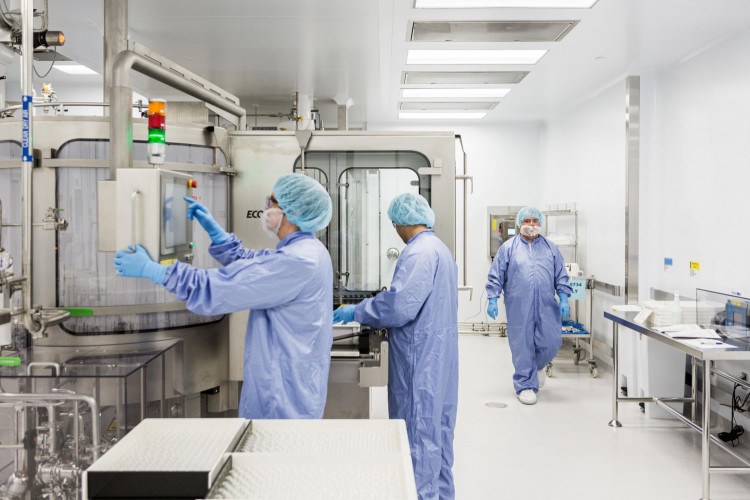Gilead Sciences said preliminary findings of a coronavirus drug trial on Wednesday showed improvement in at least 50 percent of patients diagnosed with a five-day dose of remdesivir and more than half were released from hospital within two weeks.
The organization also said another National Institute of Allergy and Infectious Diseases study achieved its key objective. However, it has not given any further information.
The study, conducted by National Institutes of Health, examined remdesivir against normal treatment in 1,063 patients worldwide hospitalized with coronavirus. Dr. Anthony Fauci, director of the NIAID, said the medication shortened the time it takes for patients to recover by 31 percent - 11 days on average versus 15 days for those already receiving routine treatment.
Gilead Sciences didn't produce more than a few doses of its experimental antiviral remdesivir in January. In any major clinical trials, the drug was not being studied. The business had enough in its inventory to administer to 5,000 subjects.
A few months later and the start of the pandemic later, there is an increase in demand for remdesivir. A research performed by the NIAID found that coronavirus patients who received the medication improved faster than those who received a placebo, the organization said this week.
Health authorities have yet to give the green light for the medication - although an emergency permit is believed to be in the offing - but the company is now in a position to increase the development of a medication that the entire world will want.
A Food and Drug Administration statement disclosed that it was talking to California-headquartered Gilead about making remdesivir available to patients "as quickly as possible."
On Thursday, Gilead Sciences Inc. posted better than anticipated results for the first quarter, and outlined more of its work on its experimental drug.
Although remdesivir was immaterial to Gilead's earnings output in the first quarter, the drugmaker said in his announcement that research and development expenses were up around $100 million from last year, partially due to ongoing therapy production as a coronavirus treatment.
It cited $50 million for the manufacturing scale-up and expense of clinical trials for remdesivir, although the temporary halt of clinical trials for other candidate therapies as a result of the pandemic tempered the rise.
Gilead is already up to 50,000 treatment courses, with a goal of having "multiple millions of treatment courses" by end of 2020, chief executive officer Daniel O'Day told STAT on Wednesday. Still, experts say the realities of pharmaceutical production restrict how much a business can turn out and how easily it can be increased.





